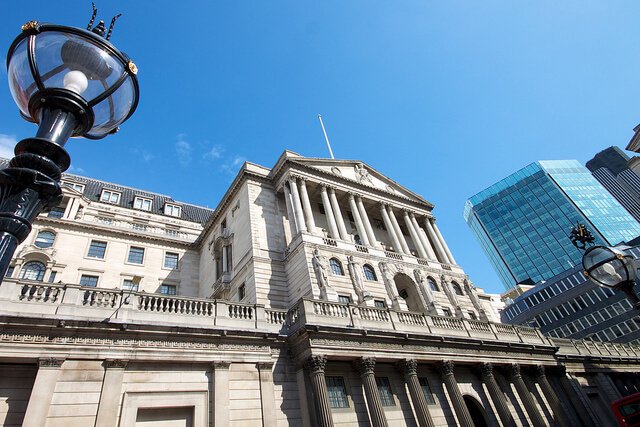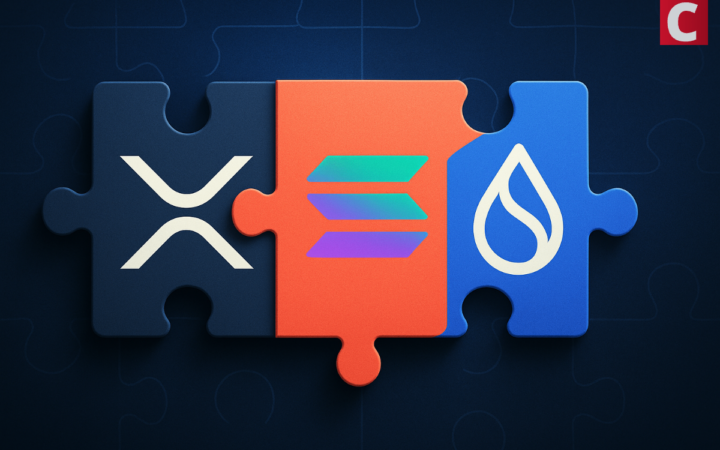Taking strong interest in blockchain, cryptocurrencies, and IoT, Tatsiana Yablonskaya got deep understanding of the emerging techs believing in their potential to drive the future.
Bank of England doesn’t want to stay aside and is seriously considering the application of a distributed ledger in the banking services. The technology is able to transform the payment process – strong cryptographic and verification algorithms allow everyone in the network to have a copy of the ledger comparing to traditional settlement occurring across the books of a single central authority, for instance central bank.
Bank of England underlines that it is impossible, and at least unreasonable, to ignore challenges of decentralized payments. Distributed ledger enables verification of payments without a trusted third party. Thus it needs advanced defense against money laundering, terrorist financing, identity theft or other forms of fraud.
“More connected, IT-intensive networks provide more channels for cyber attackers to target and greater risks of contagion. And rapid growth of non-bank payment providers could have profound implications for the business models of banks, challenging their revenue streams, altering the economics of credit provision and changing the risks to financial stability. New payments technologies also pose practical challenges, such as ensuring they interface effectively with legacy IT systems in banks and payments infrastructure,” says Bank of England in the report.
The central bank of the United Kingdom is conducting a research now devoted to the most effective and secure way of distributed ledger implementation: “We need to understand these trends, whilst recognising that there is considerable room for debate about the impact of the current wave of technological innovation. We need to think about to whom we give access to the advantages of central bank money with its unique qualities of finality of settlement. Trying to predict the future is a risky business, but when we make decisions about investment in systems that will last for a decade or more, they need to enable the kinds of changes that users will demand. So we need to make sure that we have “optionality” built in so that we can cope with different states of the world. ”
The Bank of England hasn’t revealed the results of the contest for the best blockchain-related ideas it announced at the end of 2015. The bank promised a paid internship or a place at its graduate assessment center for those who could offer rewarding ideas of using blockchain in the financial services. Candidates were offered to answer the following three questions in the application:
- How would you use blockchain?
- What business would you apply it to?
- What new product would you create?
Hopefully the contest paid off and soon we will hear exciting blockchain project from the Bank of England!





